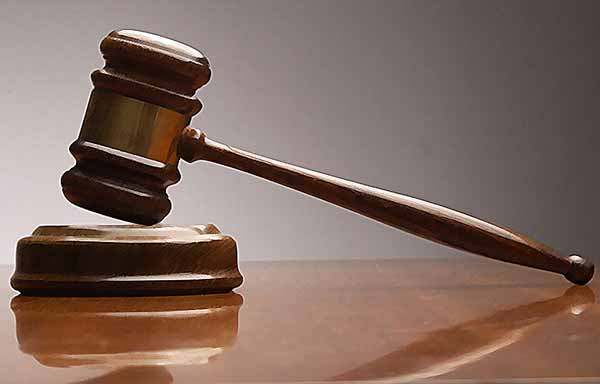Information on Cookies
To make the best use of our website, you'll need to make sure your web browser is set to accept cookies to ensure you receive the best experience.
For further information, please read our Cookies Policy.

Log In

In Camayo v Colchester Borough Council [2021] EWHC 2933, Peter Marquand, sitting as a deputy High Court judge, ruled on a Hackney Carriage ownership dispute.
In this case, the claimant, Mr Camayo, brought a challenge against the local authority, alleging it had unlawfully failed to transfer to him a hackney carriage vehicle licence carrying the number 19 as he was the owner of the vehicle to which that licence applied.
Local Government Lawyer reported that the Judge dismissed the claim on the basis that although he owned the vehicle, he was not the proprietor of the taxi business using that vehicle - the interested party, Mr Bryant, was.The case was based upon his ownership of the vehicle which the license was registered to.
There was a dispute between the claimant and Mr Bryant about the position under the contract they had agreed.
Under their written agreement, Mr Bryant is referred to as the owner of the taxi licence plate 19 and the contract purported to lease it to Mr Camayo with a view to him ultimately taking ownership after 156 weeks of payments.
A term in the contract stipulated that Mr Bryant would retain all of the paperwork and ownership relating to the car and plate until full payment was received and the contract concluded.
Before their contract had ended, Mr Camayo began attempting to register the licence in his name with the council.
However, when the council began looking into the issue, it decided to revoke the licence from Mr Camayo, and later decided that the contract was void and Mr Bryant was the proprietor of the licence.
Whilst Colchester Borough Council won the appeal, it was severely criticised for poor communication and delays in a case. Such were the failing in the case, Judge Marquand said:
"On the particular circumstances of this case, for the reasons I gave at the beginning of the trial, it was appropriate for the case to proceed with the defendant council's involvement. However, the delays in communication and responding to directions could have significantly affected the administration of justice and wasted court time. For these reasons, I ordered that these facts should be drawn to the attention of the chief executive of the defendant council in order for consideration to be given to any changes to the defendant council's internal arrangements to avoid a repetition of similar events."
